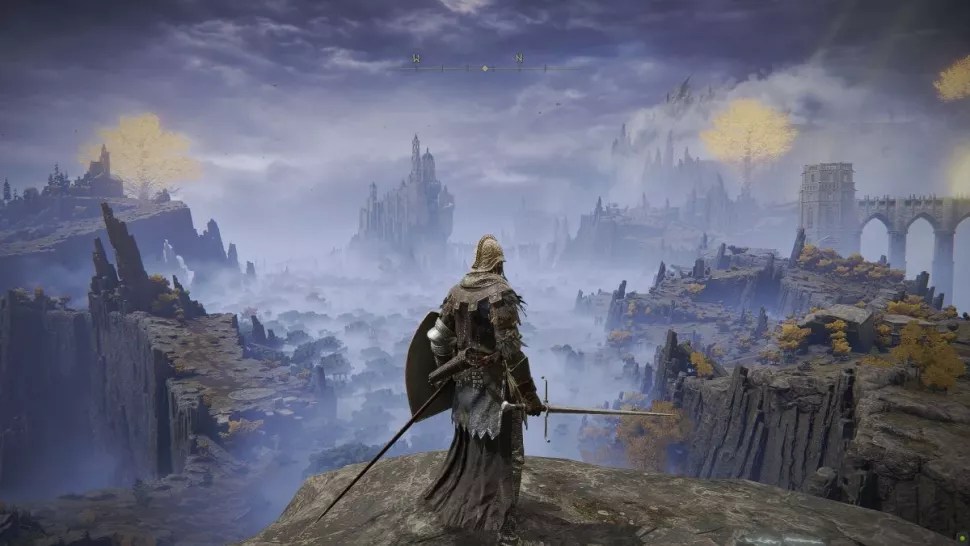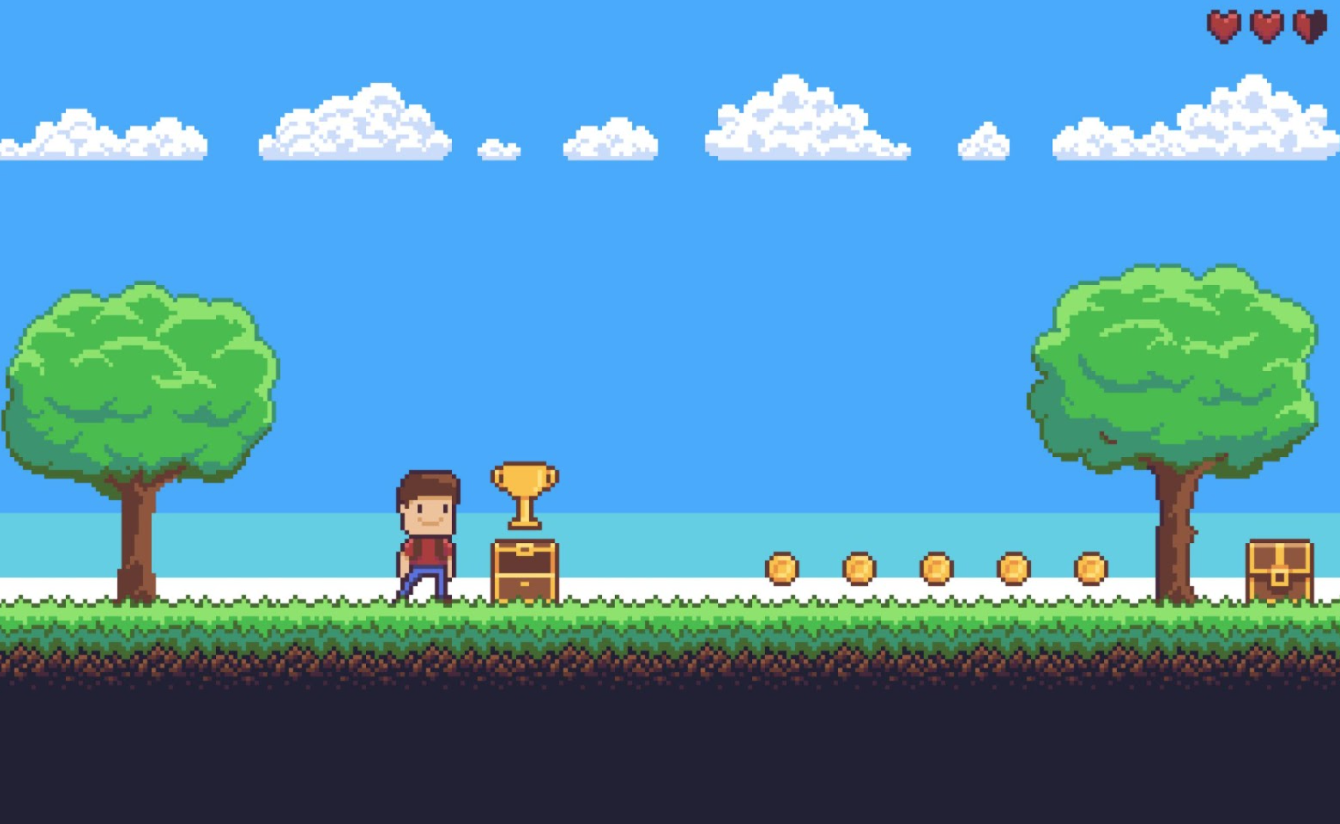Video Gamers Learn Visual-Based Tasks More Quickly

Video games have some great benefits beyond entertainment. Jane McGonigal, author of Reality is Broken, has been touting their influential power for years in how engaging in a powerful, interactive story can incite change in our own behavior. A recent study has gone further, finding that gamers get cognitive bonus points in their ability to learn through visual tasks.
The study has significance within the scientific community, which one of the researchers, Yuka Sasaki, elaborated on in a press release:
“When we study perceptual learning we usually exclude people who have tons of video game playing time because they seem to have different visual processing. They are quicker and more accurate.”
The researchers documented their study in the publication PLoS ONE, where they pitted nine gamers against nine non-gamers in a battle of visual task learning. In one test, participants were given a “texture” on a screen that consisted of horizontal or vertical lines, but within that texture, there would be an anomaly. The participants’ jobs would be to pick out the discrepancy as quickly as possible.
Previous studies on this visual test explored how people could improve, and previous researchers found that so long as they weren’t distracted by training for a secondary task, they could improve on the first task. So, the question was whether video gamers could adapt to two tasks better than non-gamers.
Over the course of the two-day study, the researchers switched between using horizontal and vertical lines as the main texture in the tests.
Science Daily wrote about the study:
“The first day the subjects trained on each of the two tasks (in a randomized order). The next day they did each again (and again in a randomized order) so the researchers could assess whether they improved. To improve, a person had to reduce the milliseconds of time it took to discriminate the textures at a given level of accuracy.”
The gamers were able to improve on their performance in both tasks, while the non-gamers only improved on the second one they were trained on. Indeed, as in previous studies, learning the second task interfered with their ability to learn the first. Though, the researchers reported a slight lag in the improvement in one visual task over the other. Gamers’ speed and accuracy improved by about 15 percent on their second task and about 11 percent on their first. But the gap wasn’t as significant as the non-gamers who improved on the second task by 15 percent and 5 percent on their first.
The researchers wrote:
“It may be possible that the vast amount of visual training frequent gamers receive over the years could help contribute to honing consolidation mechanisms in the brain, especially for visually developed skills.”
Read more at Science Daily.
Photo Credit: Shutterstock





